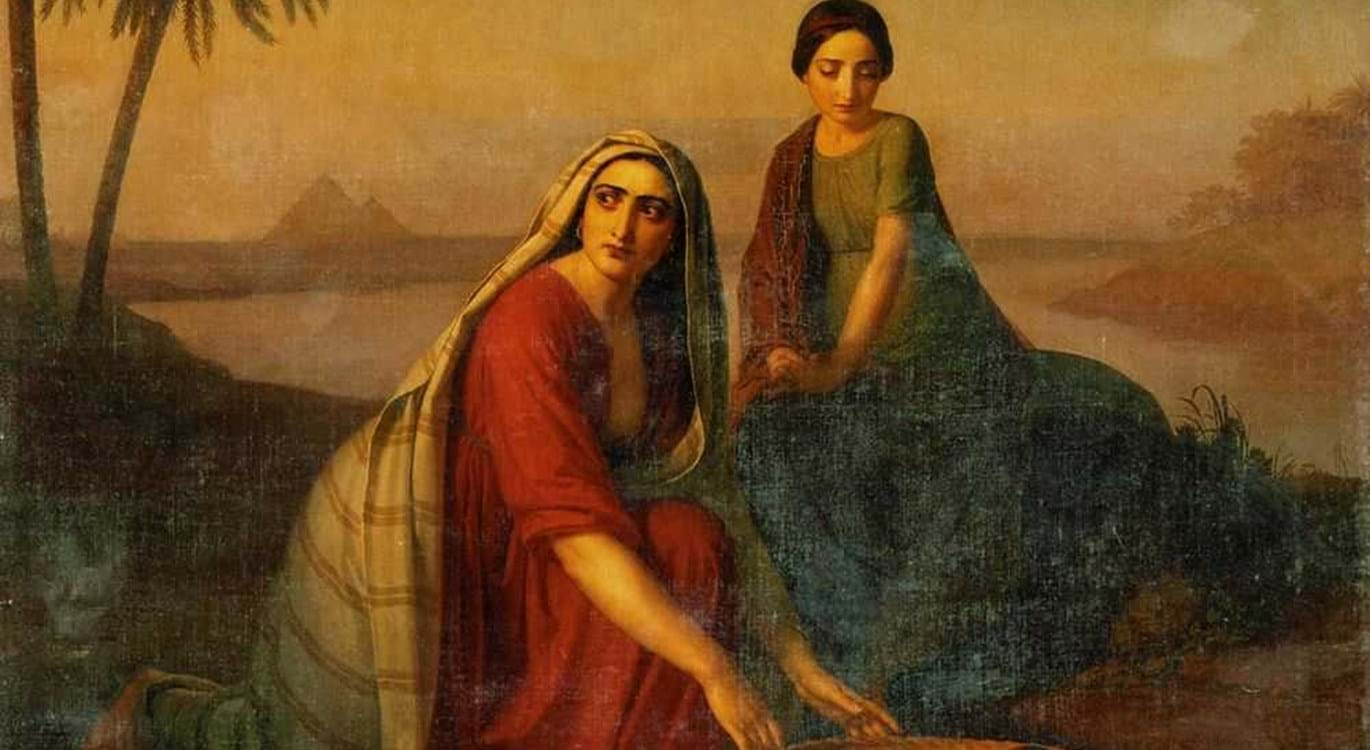This is the world our children have been born into. The world they will grow up in. This is their generation.
Do thoughts of this fill us with fear? If so, how do we, as parents, navigate the fears that such thinking produces? Fears that our children will have to face the world with such realities or fears that they may be swept away in the tide of an ungodly culture.
I’ve been thinking about fear and the impact it has on us. Fear can paralyse us in daily living. It also impacts our decision-making in parenting.
There is a woman in the Bible I have been considering. And I have been challenged by her response to fear in the frightening world she found herself in. Jochebed lived many years ago when Israel was a fledgling nation living in Egypt (see Exodus 1 and 2). The people of Israel were slaves under Pharaoh. Pharaoh was worried. The population of Israel was multiplying, and Pharaoh was afraid the people might rebel against him. His solution was to engage in some social engineering. He announced a new law that all Israelite baby boys should be thrown into the River Nile at birth; thus radically affecting population growth.
It is here that we first meet Jochebed. She was affected by this new law. She was expecting a baby and if it was a boy, which it was, he would be condemned to death in the river.
What fear must have gripped her heart!
Jochebed and her husband had every reason to be afraid, yet in Hebrews 11 we read, “. . . and they were not afraid of the king’s command” (Hebrews 11:23).
Jochebed was not frozen in fear by the power of Egypt. She didn’t collapse in defeat, resigned to the inevitable death of her son. She did what she could, to preserve the life of her son.
How did she overcome a very natural fear and have the courage to go against the king’s command?
It was by faith. She had her faith in a great God. She looked on her newborn son and she saw him from God’s perspective. She saw the blessing, beauty and value of this child that God had entrusted to her. She hoped in God. She would not allow her son to be lost to the river, so she hid him, in direct defiance of the king of Egypt.
We can choose to have Jochebed’s vision. To see our children as blessings from God, of great value to God, and precious. When we bring God into the picture, we receive a vision of hope. I love how there is such a strong link between her faith in God and not being afraid. God loves our child and has a purpose for our child. We can look in faith to the future. We don’t have to give in to fear and despair, convinced our children will be swept away by the culture of this world. Jochebed believed God was greater than all the power of Egypt. She dared to hope.
We can learn from her example. We too have “a great God and Saviour Jesus Christ” (Titus 2:13). The One who loved us enough to die for us. He has overcome the power of evil in this world. “Having disarmed principalities and powers, He made a public spectacle of them, triumphing over them in it” (Colossians 2:15).
The Lord Jesus told His disciples, “In this world you will have trouble but be not afraid. I have overcome the world” (John 16:33).
We will have trouble in this world, but we need not live in fear.
Like Jochebed, we must have our faith anchored in God. We need a heavenly perspective.
Jochebed had a faith in God that overcame her natural fears. She had faith in God’s goodness despite the awful happenings she was witnessing all around. She watched with horror the fate of children around her, but she dared to believe in more for her son. And she rested her faith in her God to bring it about.
We do not know the future, and what is in store for our own children. But, like Jochebed, we can have faith in God.
Let us dare to hope for our children. That they will not just survive living in this world but they will thrive. That they will “serve their own generation by the will of God” (Acts 13:36).



